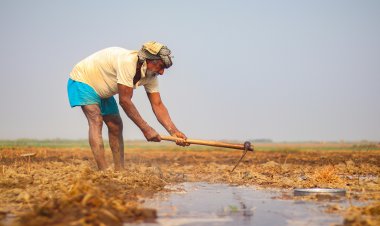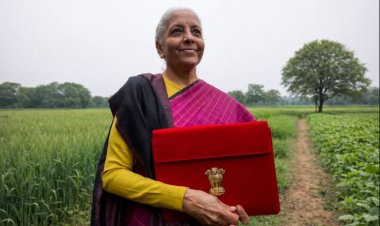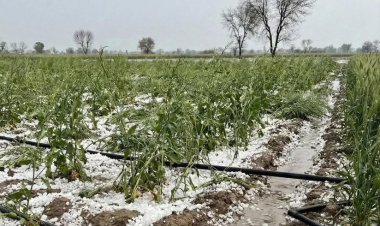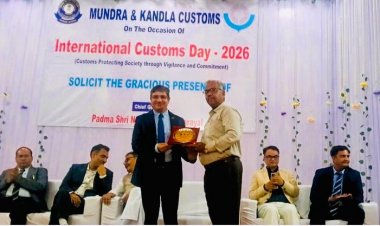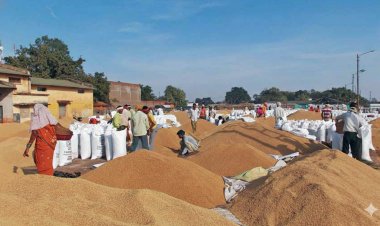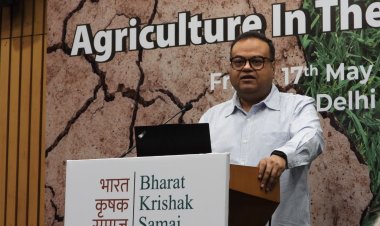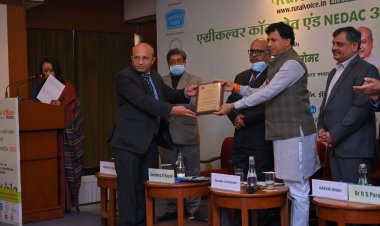Anguish over fake pesticide supply affecting farmers
Supply of fake pesticides in different parts of the country affecting the whole farming community of India and the network of illegal production and supply of such counterfeit products have become a pressing issue. "Such activities are not only a threat for Indian agriculture, but also harmful for human health and environment," says an anguished RG Agarwal, Chairman of Dhanuka Group, one of India’s leading agrochemical company.
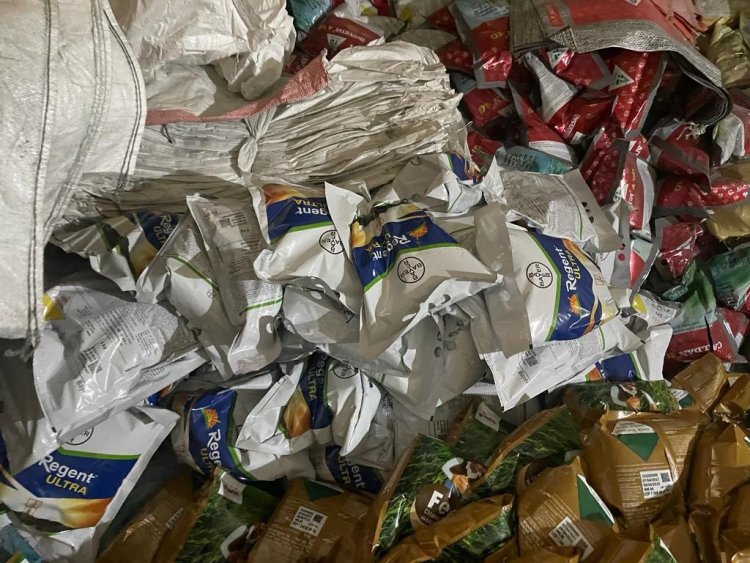
Supply of fake pesticides in different parts of the country affecting the whole farming community of India and the network of illegal production and supply of such counterfeit products have become a pressing issue.
"Such activities are not only a threat for Indian agriculture, but also harmful for human health and environment," says an anguished RG Agarwal, Chairman of Dhanuka Group, one of India’s leading agrochemical company which is listed by Forbes Magazine in the category of “200 Best under A Billion Companies in Asia Pacific”. Agarwal voiced his serious concern in the wake of reports that the Delhi Police recently busted a gang involved in manufacturing fake pesticides in Bawana area by arresting four men and recovering 3.80 tonnes of fake pesticides valued at Rs 3.50 crores from the illegal unit in Pooth Khurd village on the outskirts of the national capital.
He said the matter needed immediate attention "to ensure the wellbeing of our farmers who work, day and night, in the fields for our nation’s food and nutrition security". Citing newspaper reports and contents of FIR, Agarwal said the raid uncovered the large-scale manufacturing of counterfeit pesticides and packaging materials imitating prominent companies such as Syngenta, FMC, Bayer, Dhanuka, and UPL. Dhanuka Agritech, which has been awarded Best Pesticides & Agrochemicals Company in India by FICCI, is listed with Bombay Stock Exchange and National Stock Exchange of India as Top Manufacturer & Supplier Of Agro Chemicals Products Pesticides.
Referring to the "unfortunate" incident earlier this month, Agarwal said that it has grave implications for the nation's food and nutrition security. "Such matters should be addressed on immediate basis under appropriate sections of the IPC and provisions of various relevant Acts such as Insecticide Act, Copywrite Act, and Trademark Act," he said.
He said that several raids were conducted in Delhi in 2021, but instead of booking the culprits under appropriate sections and provisions, FIRs were registered simply under Section 103/104 of Trademark Act where the bail was granted at the police station itself and the culprits were set free to get themselves involved in these activities again.
"Our farmers are generally not able to distinguish between original and duplicate pesticides and the results of the same can be seen in today’s agriculture where majority of the pests have developed resistance against the existing genuine pesticides which is ultimately increasing the cost of cultivation of farmers, driving many of them to commit suicide in case of entire crop loss.



 Join the RuralVoice whatsapp group
Join the RuralVoice whatsapp group

















